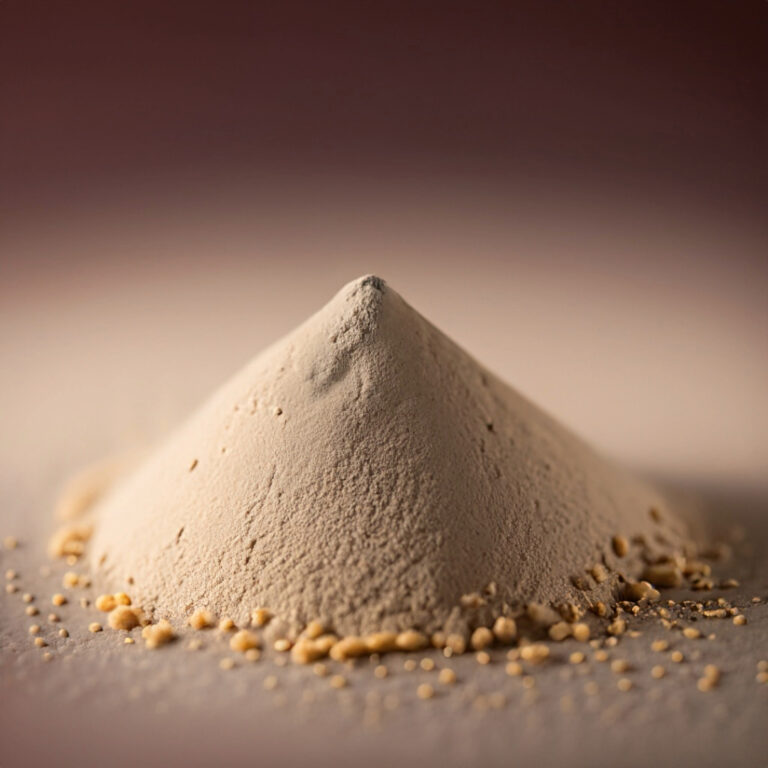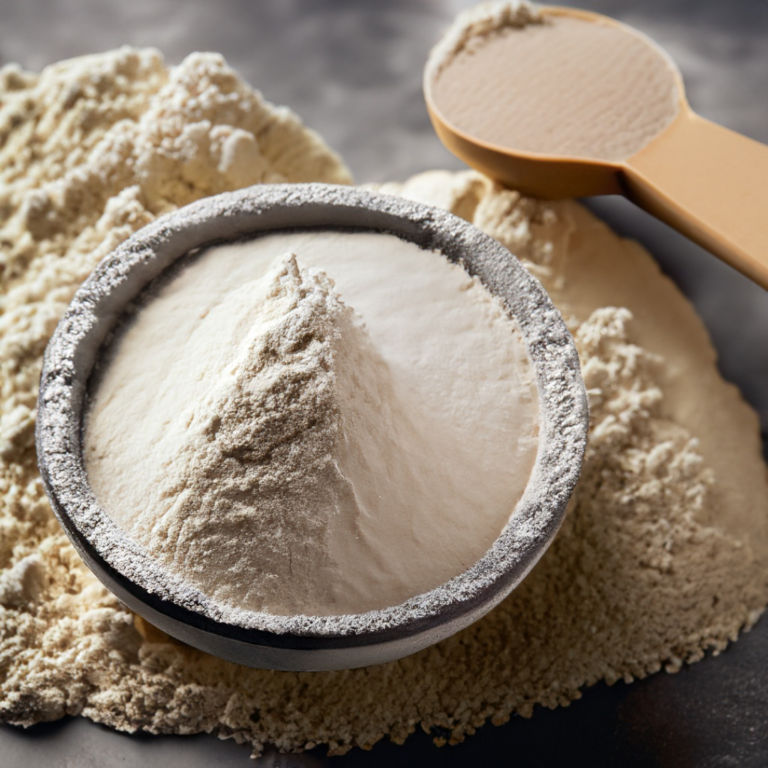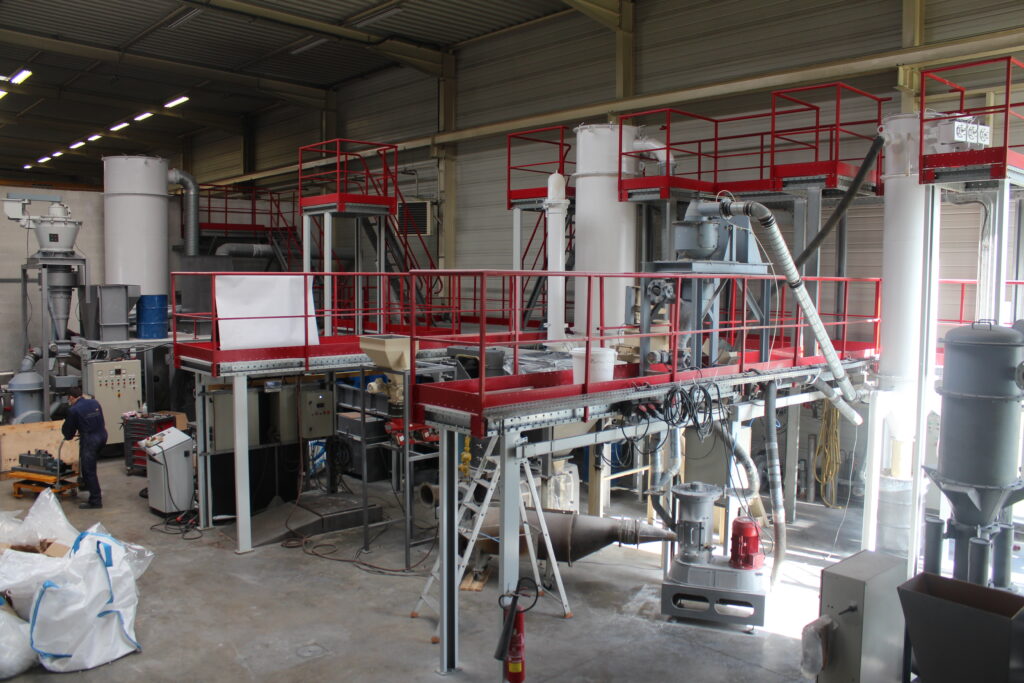The impact of particle size in the food industry: the advantages of grinding and classification



The food industry is constantly looking for ways to improve the quality of its products, and particle size is a key element in this quest. In this article, we will explore how particle size reduction and classification influence the texture, flavour and stability of food products, highlighting the benefits they bring to the food industry.
Improved texture thanks to grinding and classification
The smooth, homogenous texture of fine grinding
Fine grinding of particles creates a smooth, homogenous texture in food products, enhancing the eating experience. Market research shows that many companies have adopted advanced grinding technologies to improve the texture of their products, resulting in increased consumer satisfaction.
Classification: separation of unwanted particles
Classification separates unwanted particles from food products, contributing to better quality. According to a recent study by the cereal industry, the use of state-of-the-art classification systems has significantly reduced impurities in final products, which has had a positive impact on consumers’ perception of quality.
Optimised flavour thanks to grinding and classification
Uniform dispersion of flavours thanks to fine grinding
Fine grinding of particles promotes uniform dispersion of flavours and spices in food products, which improves consumer satisfaction. According to a survey of bakery product manufacturers, fine grinding of spices led to a significant increase in customers’ perception of taste quality.
Classification: particle sorting for pure flavour
Classification allows particles to be sorted according to size, which is essential for ensuring a pure, consistent flavour. According to data collected from the coffee industry, accurate grading of coffee beans has significantly improved flavour consistency in final products, leading to increased customer loyalty.
Greater stability thanks to grinding and classification
Better dispersion of emulsifiers thanks to fine grinding
Fine grinding of particles helps emulsifiers to disperse better in food products, contributing to improved stability. According to a study carried out in the sauces and dressings industry, the use of advanced grinding techniques significantly reduced ingredient separation problems, which in turn increased product shelf life.
Classification: eliminating particles likely to cause sedimentation problems
Classification eliminates unwanted particles based on their size, which reduces sedimentation problems. According to data collected from the drinks industry, the use of accurate classification systems has significantly reduced customer complaints about the presence of unwanted particles in products, improving overall satisfaction.
Particle size reduction and classification play a crucial role in the food industry, influencing the texture, flavour and stability of products. These processes offer considerable benefits, including
- improved texture
- improving the flavour and stability of food products,
- elimination of unwanted particles.
Market data confirms that many food companies are investing in these technologies to meet consumer expectations and remain competitive in the ever-changing food industry market.

Benefit from the advice of the POITTEMILL Group, experts in powder processing, drying and classification technology.
Our laboratory and testing centre offers numerous opportunities to test machines, parameters and processes, at pilot and full scale, to ensure that the quality of your products and the efficiency of your operations generate maximum return on investment for your business.
CONTACT US
A project ? Information ?
At the cutting edge of innovation, the POITTEMILL Group has been designing its own equipment for over 90 years, offering customised turnkey solutions.

